Large quantities of animal based raw materials are wasted in the developing countries; the most important reason for this situation being the absence of simple, affordable, economically viable and yet dependable technology as to be suitable under the prevailing conditions in the developing world. The present book addresses this reality in its entirety.
The first publication to make economic use of animal byproducts for small throughputs was in 1962 by I. Mann. Nineteen eighty onwards, number of publication have appeared on the subject and continue to being published till date. The author has attempted to summaries and update the information of earlier publications and also reproduced some information considered essential in different chapters with relevant references. Additionally, detailedinformation on topics not covered so far in earlier works such as "Sanitation and Hygiene" (including microbes), "Disposal of Condemned Materials" and "Treatment of Slaughterhouse Effluents" has been added. With this, we seem to have traveled full circle as far as information on all aspects of making use of animal byproducts for small throughputs is considered. The need of the hour is "to act". Developing world, in particular, can take advantage of this.
ABOUT THE AUTHOR Mahendra Kumar
After doing his post graduation in Leather technology from the University of Madras in 1958, Mr. Mahendra Kumar worked as Chief Technician in a leading Tannery and Export House in South India. His joining at the Central leather research Institute (CLRI), Madras as senior-Scientific Assistant in 1963 coincided with the newly created area of Animal Byproducts where he worked in different capacities for a period of over 31 years until his retirement in 1994 as Scientist G and as head of the Byproducts area and Bio-Sciences Division; he actively participated in the establishment of the Byproducts area. After joining CLRI, he worked on problems of applied nature with particular reference to animal based raw materials available in India and developing countries. This led to the development and commercialization of a number of value added products such as absorbable surgical catygut, collagen sheet, keratin hydrolyzate etc. etc. Mr. Kumar has done in-depth study of wastage of animal based byproducts and animals dying of natural death in developing countries and has wide experience, which he acquired working as U.N. Consultant to a number of countries in Africa and Asia and visits to many countries of Europe, Canada, USA, Japan, New Zealand and Australia. This background made him realize the large quantities of animal based raw materials being wasted in the developing countries; the most important reason for this situation being the absence of simple, affordable, economically viable and yet dependable technology as to be suitable under the prevailing conditions in the developing world. The present work report here is the result of this vast experience and realization. Mr. Kumar has authored 3, coauthored 1, and contributed chapters to 3 books published both from India and abroad. He has over 40 publications to his credit and holds 4 patents, 3 of which have been commercially exploited in India.

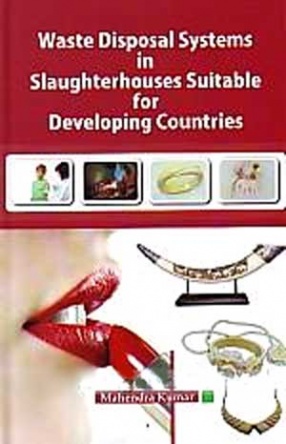
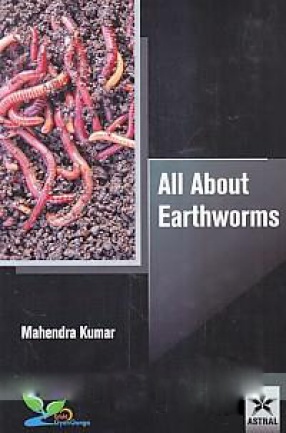
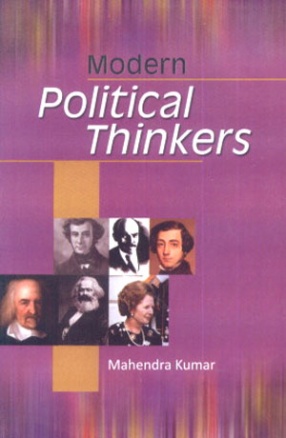
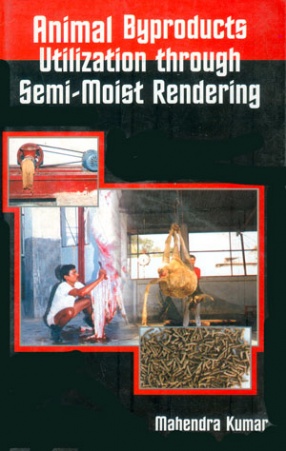
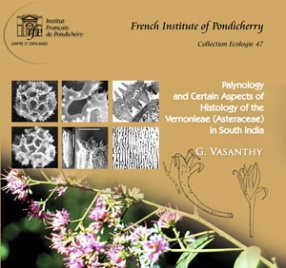
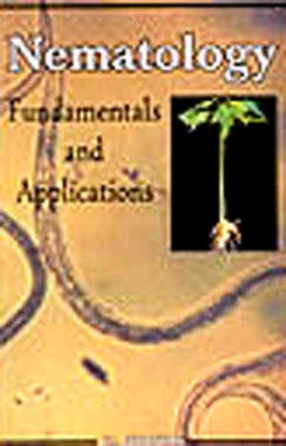
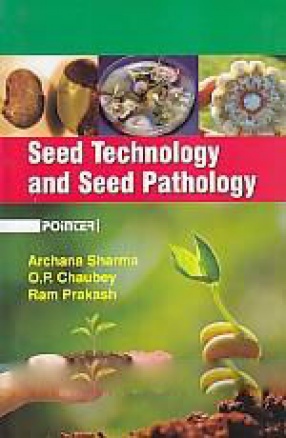
There are no reviews yet.